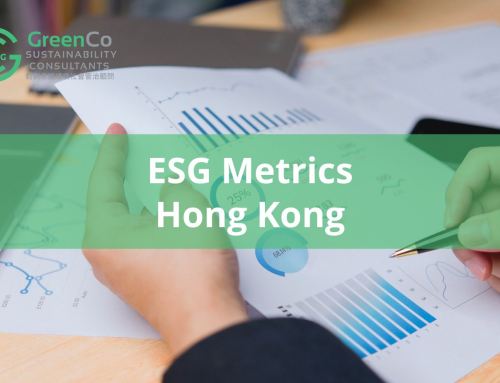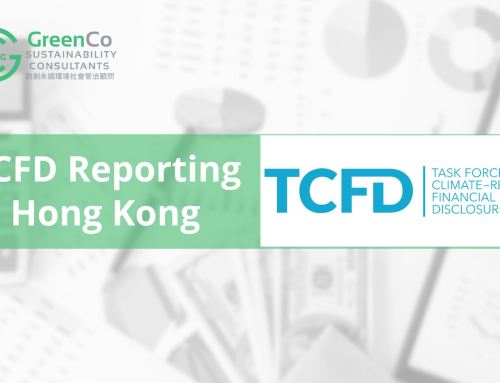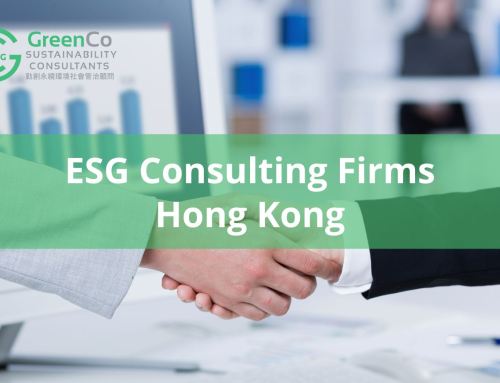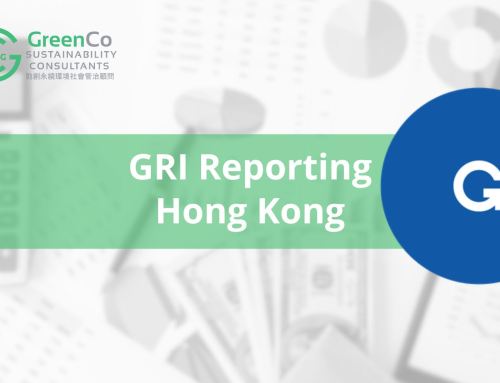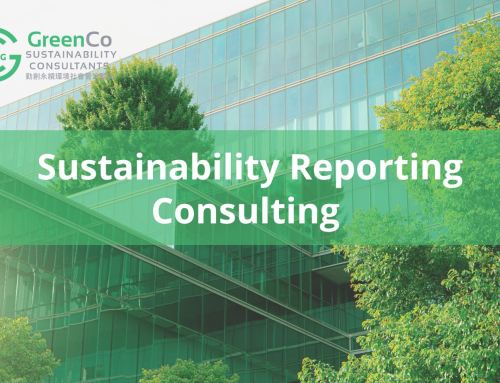ESG Integrated Reporting in Hong Kong
As regulators like the HKEX mandate enhanced ESG disclosures and global investors demand transparency, companies are increasingly adopting frameworks such as the Integrated Reporting Framework (IRF) to holistically communicate their value creation strategies.
The Integrated Reporting Framework (IRF)
The IRF, developed by the International Integrated Reporting Council (IIRC), redefines corporate reporting by integrating financial and non-financial metrics into a cohesive narrative. Unlike traditional reporting, which siloes financial results from ESG factors, the IRF emphasizes:
- Purpose: Integrated reporting aims to empower organizations to transparently convey their strategies for sustaining value creation across time. It advocates for an expanded perspective on value by evaluating diverse capitals—financial assets, physical infrastructure, intellectual property, workforce capabilities, community relationships, and environmental resources.
- Guiding Principles: The IRF operates under core principles that prioritize clear, concise, trustworthy, and material disclosures. It champions integrated thinking, urging businesses to holistically assess how internal operations and external factors interconnect to shape long-term outcomes.
- Content Elements: Organizations adhering to the IRF must address essential components in their reports, such as the external operating landscape, business model mechanics, governance frameworks, operational performance, risk and opportunity profiles, strategic direction, and forward-looking objectives.
- Value Creation: At its heart, integrated reporting positions value creation as the organization’s central mission. It compels companies to detail how they deliver value to stakeholders through financial and non-financial channels, offering investors a multidimensional lens to gauge long-term viability and resilience.
- Connectivity of Information: The IRF mandates illustrating how disparate business elements—from governance to environmental impact—interact to drive value. By mapping these interdependencies, reports foster a cohesive narrative that clarifies organizational health and future prospects.
- Stakeholder Engagement: The framework emphasizes proactive dialogue with stakeholders to identify their priorities and concerns. Transparent communication not only builds credibility but also aligns reporting content with stakeholder expectations, reinforcing trust and collaborative relationships.
- Business Transformation: Beyond retrospective analysis, the IRF positions reporting as a springboard for innovation. It challenges organizations to leverage insights from the reporting process to refine governance, optimize performance, and align strategy with emerging risks and opportunities, thereby catalyzing sustainable transformation.
For Hong Kong-listed companies, this framework aligns seamlessly with regulatory trends. The HKEX’s upgraded ESG Code, effective January 2025, requires enhanced climate disclosures under IFRS S2, while the Financial Services and Treasury Bureau (FSTB) pushes for IFRS-aligned sustainability reporting by 2028. The IRF’s focus on materiality and strategic alignment positions it as a critical tool for compliance and investor engagement.
Why IRF Matters for Hong Kong Companies
Hong Kong’s status as a global financial hub necessitates reporting practices that satisfy both local regulations and international standards. The IRF bridges this gap by:
- Meeting Regulatory Demands: HKEX’s ESG Code mandates disclosures on governance, strategy, and climate risks—elements central to IRF’s content pillars.
- Enhancing Investor Appeal: Most of institutional investors consider integrated reporting crucial for assessing long-term viability. By linking ESG performance to financial outcomes, companies attract ESG-focused capital.
- Driving Operational Resilience: IRF’s emphasis on “integrated thinking” encourages companies to embed ESG into core operations, mitigating risks such as supply chain disruptions or carbon pricing.
Future-Proofing Through Integrated Reporting
As Hong Kong accelerates toward mandatory climate disclosures and global ESG convergence, the integrated reporting offers a structured approach to navigate complexity. By adopting IRF principles, companies not only comply with regulations but also unlock opportunities for sustainable growth, investor confidence, and operational resilience.
GreenCo stands at the forefront of this transition, combining technical excellence with deep regulatory knowledge to deliver integrated reports that resonate with stakeholders and drive business transformation. For Hong Kong organizations, the time to act is now—partner with GreenCo to turn ESG ambitions into measurable, enduring success


